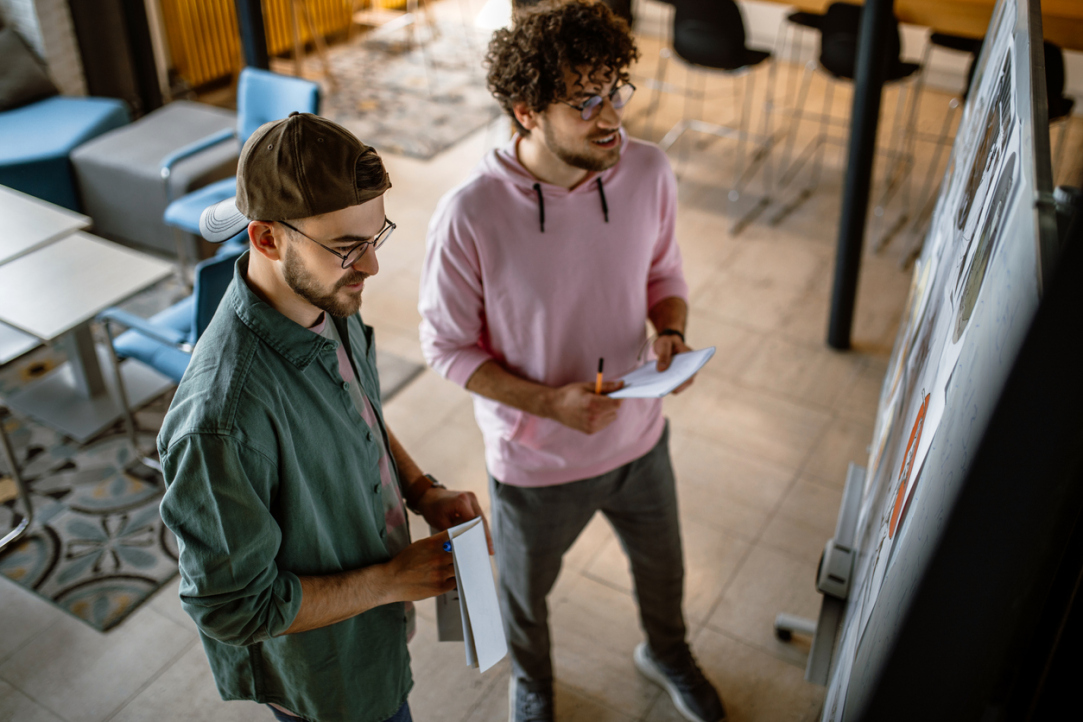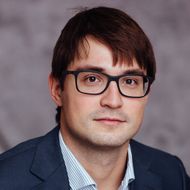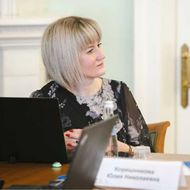Project Team of ‘Success and Self-Sustainability of the Individual in a Changing World’ Wins Russian Science Foundation Grant

Researchers from HSE University will receive funding from the Russian Science Foundation to study such forms of student employment as freelancing, self-employment, and entrepreneurship, all of which have been actively developing in recent years. The research will shed light on the new opportunities and challenges encountered by students and early-career specialists in the labour market. It will also aid in the development of effective strategies for their successful adaptation and development.
Changes in the world and the labour market mean that early-career specialists need have new skills, such as the ability to act without specific instructions and to make decisions independently. These competencies are grouped under terms such as ‘agency’, ‘independence’, ‘proactivity’, ‘initiative’, ‘entrepreneurial spirit’, etc, and are widely studied in Russia and abroad.
The increased focus on this topic is the result of changes in the economy and society, a phenomenon sometimes referred to in sociology circles as ‘destructuring’. In the labour market, this manifests as a growth in the popularity of alternative forms of work alongside traditional corporate employment. These alternative forms include platform work, freelancing, entrepreneurship, etc. In addition, so-called ‘corporate entrepreneurship’ is increasingly sought after in organisations.
However, scientists and practitioners do not fully agree on which qualities a person should have in order to be successful in new employment circumstances, nor how to develop these qualities.

In order to address these challenges, researchers from HSE University will study the trajectories of students and graduates of higher education in new social and economic conditions, assess the role of education in forming and supporting non-traditional forms of employment, and examine the characteristics that contribute to productive forms of agency. All of this will be done as part of the strategic project 'Success and Self-Sustainability of the Individual in a Changing World' implemented as part of the Priority 2030 programme.

Head of the Laboratory for Human Capital and Education Research at the HSE University Institute of Education and head of the research project
‘Research into non-traditional forms of employment among students has major significance in modern society, where technology—and digitalisation especially—is changing the traditional models of business processes. The results of this research can shed some light on new the new opportunities and challenges facing students and early-career specialists, as well as help to develop effective strategies for their successful adaptation and development. I am confident that this research will produce valuable theoretical and practical results.’
Yulia Koreshnikova, supervisor of the strategic project 'Success and Self-Sustainability of the Individual in a Changing World', explains that the researchers have set themselves a range of tasks, including testing theoretical models for describing the work paths of students, identifying the most common types of non-traditional employment, and assessing important competencies in freelancing, self-employment, and entrepreneurship for early-career specialists. The second group of tasks is related to determining the role of higher education in the formation of sought-after skills in new conditions, with the goal of determining which organisational and teaching conditions must be created to train students in higher education.

Supervisor of the strategic project 'Success and Self-Sustainability of the Individual in a Changing World'
‘Our project will help to systematise knowledge of non-traditional formats of employment and the higher education-related needs of employers, employees, and future businesspeople. We will also determine how universities can meet this challenge.’
The members of the research group headed by Pavel Sorokin are: Vera Maltseva, Yulia Koreshnikova, Natalia Shirkova, Alexandr Timofeev, Darya Pavlyuk, Timofey Redko, and Yulia Vyatskaya.

